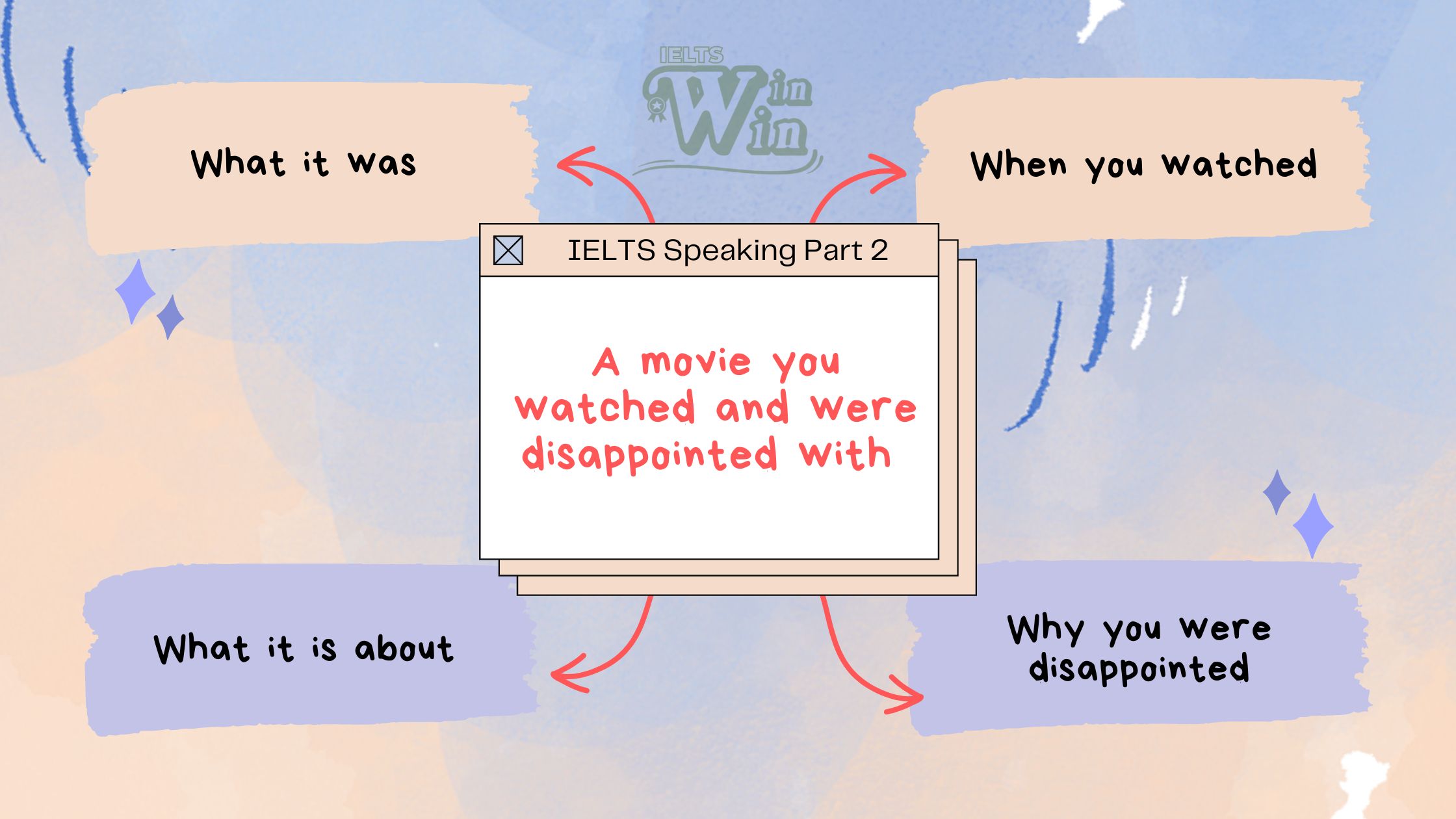✨Part 2: A movie you watched and were disappointed with
- What it was & when you watched
- What it is about
- Why you were disappointed
As an enthusiast of superhero films and the widely beloved franchise in particular, the 2015 adaptation of Fantastic Four was a profound cinematic failure to me.
The titular characters, called "the Fantastic Four," were a group of scientists who gained powers after undergoing an accident amidst their cosmic expedition. The leader, Reed Richards, could stretch and elongate his body like rubber, while his girlfriend, Susan, could turn herself invisible and generate force fields. On the other hand, her brother Johnny could engulf his body in flames and fly, and Reed's childhood friend Ben acquired a rock-like hide which gives him super strength and durability. Together, they confront the imposing and mischievous Dr. Doom, a former friend of Reed who was morally corrupt and now possesses telekinetic powers.
While I have been a huge supporter of the project ever since the beginning, I couldn't help but feel a profound sense of letdown as the credit rolled. Fantastic Four (2015) proved to be an unfortunate misstep, failing to capture the essence of what made the superhero team so beloved due to its numerous cliche moments and lack of clear directions, character growth and development. It was a missed opportunity to deliver an exciting and engaging cinematic experience, leaving fans disenchanted and yearning for a more faithful adaptation that would do justice to the iconic characters and their captivating universe.
- Adaptation: /ˌædæpˈteɪʃən/ (n) - sự thích nghi, sự điều chỉnh, sự thay đổi để phù hợp.
- Elongate: /ˈiːlɑːŋɡeɪt/ (v) - kéo dài, làm dài ra, trải dài ra.
- Rock-like: /ˈrɑːkˌlaɪk/ (adj) - giống như đá, cứng như đá, vững như đá.
- Durability: /ˌdjʊrəˈbɪləti/ (n) - tính bền, tính bền vững, độ bền.
- Cliché: /kliːˈʃeɪ/ (n) - lời nói sáo rỗng, câu nói nhàm chán, hình thức mòn.
- Disenchanted: /ˌdɪsɪnˈtʃæntɪd/ (adj) - bị mất niềm tin, thất vọng, không còn hứng thú.
Part 3
✨What makes a good movie?
Several factors contribute to making a good movie. Firstly, a compelling and well-crafted story is essential. A good movie often has a strong plot, well-developed characters, and engaging storytelling techniques. The screenplay plays a crucial role in creating a captivating narrative. Secondly, effective direction brings the story to life through skilled use of cinematography, visuals, pacing, and other technical elements. Thirdly, a talented cast that delivers convincing performances and effectively portrays the characters can greatly enhance the movie's impact. Additionally, production design, editing, sound design, and other technical aspects contribute to the overall quality of a film.
- Well-crafted: /wɛlˈkræftɪd/ (adj) - được chế tác tốt, được thiết kế tốt, được làm tốt.
- Well-developed: /wɛl dɪˈvɛləpt/ (adj) - được phát triển tốt, được trau dồi tốt, được hoàn thiện tốt.
- Narrative: /ˈnærətɪv/ (n) - câu chuyện, cốt truyện, lời kể chuyện.
- Portrays: /pɔrˈtreɪz/ (v) - miêu tả, vẽ, mô tả.
✨Do you think the cast is more important than the screenplay?
Both the cast and screenplay are integral to a movie's success, but their importance can vary depending on the genre and storytelling approach. A well-written script can provide the foundation for a compelling story, well-developed characters, and engaging dialogue. It can give the cast a better profound understanding of their characters and the scenarios they are placed in, which help shape and foster the overall narrative. However, a skilled and talented cast can bring the characters to life, add depth and authenticity to their portrayal, and enhance the audience's emotional and physical connection with the ensemble of characters and their stories. Moreover, experienced actors/actresses can add new value to existing scripts through their personal insights and improv. Thus, this joint collaboration between the cast and the screenplay is crucial in creating a memorable movie.
- Storytelling: /ˈstɔːritelɪŋ/ (n) - nghệ thuật kể chuyện, sự kể chuyện.
- Dialogue: /ˈdaɪəlɔːɡ/ (n) - đối thoại, cuộc trò chuyện, thảo luận.
- Narrative: /ˈnærətɪv/ (n) - câu chuyện, cốt truyện, lời kể chuyện.
- Collaboration: /kəˌlæbəˈreɪʃən/ (n) - sự hợp tác, sự cộng tác, sự đồng hành.
✨How has movie making changed?
Movie making has undergone significant transformations over the years due to advancements in technology, changes in storytelling trends, and shifts in audience preferences. Technological advancements, such as computer-generated imagery (CGI), have expanded the possibilities for visual effects and world-building. Digital cameras and editing software have made production more accessible and streamlined. Additionally, online distribution platforms and streaming services have changed the way movies are consumed and have created new avenues for independent filmmakers. Social media and digital marketing have also played a role in promoting and reaching wider audiences. Furthermore, there has been an increase in diverse representation and storytelling, highlighting underrepresented voices and perspectives in the film industry.
- Undergone: /ˌʌndərˈɡɒn/ (v) - trải qua, chịu đựng, hứng chịu.
- Expanded: /ɪkˈspændɪd/ (adj) - mở rộng, mở mang, phát triển.
- Filmmakers: /ˈfɪlmmeɪkərz/ (n) - nhà làm phim, nhà sản xuất phim, đạo diễn.
- Underrepresented: /ˌʌndərˌrɛprɪˈzɛntɪd/ (adj) - bị thiểu số hóa, bị kém đại diện, không được đại diện đầy đủ.
✨Do you think movie reviews are reliable?
Movie reviews can provide insights and opinions that help inform viewers' decisions, but their reliability can vary. Reviews are subjective and reflect the personal preferences and biases of the reviewers. It's essential to consider multiple reviews from reputable sources to get a broader understanding. Additionally, audiences may have different tastes and preferences, so what one person considers a good movie, another may not. Ultimately, individual viewers should watch movies and form their own opinions based on their personal experiences and preferences.
- Reliability: /rɪˌlaɪəˈbɪlɪti/ (n) - tính đáng tin cậy, tính ổn định, tính đúng đắn.
- Broader: /ˈbrɔːdər/ (adj) - rộng hơn, bao quát hơn, phạm vi rộng hơn.
- Preferences: /ˈprɛfərənsɪz/ (n) - sự ưa thích, sở thích, lựa chọn.
✨What kinds of movies are popular in Vietnam?
Vietnam has a diverse movie industry with a range of genres and themes. Vietnamese audiences enjoy various types of movies, including romantic comedies, action films, historical dramas, horror films, and family-oriented movies. Romantic comedies often attract a large audience, as they offer light-hearted entertainment and relatable stories. Action films with thrilling sequences and dynamic storytelling also garner popularity. Historical dramas that explore Vietnam's rich cultural heritage and significant events are well-received. Horror films with suspenseful and chilling narratives have gained popularity among younger audiences. Additionally, family-oriented movies that emphasize themes of love, unity, and traditional values are appreciated by Vietnamese viewers.
- Industry: /ˈɪndəstri/ (n) - ngành công nghiệp, ngành kinh doanh, ngành sản xuất.
- Relatable: /rɪˈleɪtəbl/ (adj) - dễ cảm thông, dễ đồng cảm, có thể liên hệ được.
- Family-oriented: /ˈfæməli ˈɔːrientɪd/ (adj) - hướng đến gia đình, có tính gia đình, thân thiện với gia đình.
✨Do young and old people in Vietnam like the same types of movies?
While there can be some overlap in movie preferences, young and old people in Vietnam often have different tastes when it comes to movies. Younger audiences may gravitate towards contemporary genres, such as romantic comedies, action-packed films, and horror movies. They are often more receptive to experimental storytelling, visual effects, and international films. On the other hand, older audiences may prefer classic films, historical dramas, and family-oriented movies that reflect traditional values and cultural heritage. However, it's important to note that individual preferences can vary, and there are individuals from different age groups who appreciate a wide range of movie genres.
- Gravitate: /ˈɡrævɪteɪt/ (v) - hướng tới, có xu hướng, được thu hút.
- Storytelling: /ˈstɔːritelɪŋ/ (n) - nghệ thuật kể chuyện, sự kể chuyện.
- Family-oriented: /ˈfæməli ˈɔːrientɪd/ (adj) - hướng đến gia đình, có tính gia đình, thân thiện với gia đình.
- Appreciate: /əˈpriːʃieɪt/ (v) - đánh giá cao, trân trọng, cảm kích.
✨Do people in Vietnam prefer to watch movies at home or at the cinema?
In Vietnam, both watching movies at home and going to the cinema are popular options, and preferences can vary depending on individual circumstances and preferences. On the one hand ,watching movies at home offers convenience and flexibility, allowing viewers to enjoy movies in the comfort of their own space, at any time, and with a personalized viewing experience. On the other hand, going to the cinema provides a social and immersive experience whereas the big screen, superior audiovisual quality, and collective atmosphere contribute to the enjoyment of movies for many people. Furthermore, cinemas often release new movies earlier than home platforms, which can attract movie enthusiasts who want to be among the first to experience new releases. Ultimately, it depends on individual preferences and the desire for comfort or a shared movie experience. Regardless of the choice, movies remain a popular form of entertainment that brings joy to people in Vietnam.
- Flexibility: /ˌflɛksəˈbɪlɪti/ (n) - tính linh hoạt, tính mềm dẻo, sự linh động.
- Personalized: /ˈpɜːsənəlaɪzd/ (adj) - được cá nhân hóa, được tùy chỉnh, được làm riêng cho mỗi người.
- Audiovisual: /ˌɔːdiəʊˈvɪʒuəl/ (adj) - âm thanh hình ảnh, liên quan đến âm thanh và hình ảnh.
- Regardless: /rɪˈɡɑːdləs/ (adv) - bất chấp, không quan tâm, mặc dù.
✨What are the benefits of watching films?
Watching films offers several benefits. Firstly, films can be a source of entertainment, providing an escape from everyday life and allowing viewers to immerse themselves in different stories and worlds. Movies can evoke emotions, provoke thought, and create shared experiences. Secondly, films can be educational, offering insights into different cultures, historical events, and social issues. They can broaden viewers' perspectives and increase cultural awareness. Additionally, films can serve as a medium for storytelling and artistic expression, showcasing the creativity and craftsmanship of filmmakers. They can inspire creativity and spark conversations. Lastly, movies can provide a form of relaxation and stress relief, allowing viewers to unwind and enjoy a form of leisure and recreation.
- Provoke: /prəˈvəʊk/ (v) - khiêu khích, kích động, gợi ra.
- Perspectives: /pəˈspɛktɪvz/ (n) - quan điểm, góc nhìn, cách nhìn.
- Awareness: /əˈwɛənəs/ (n) - nhận thức, sự nhận biết, ý thức.
- Craftsmanship: /ˈkrɑːftsmənʃɪp/ (n) - tay nghề, kỹ năng thủ công, nghệ thuật thủ công.
✨Is it necessary to censor movies?
Censorship of movies is a complex and debated topic. While it is important to ensure that films adhere to certain ethical and legal standards, the extent of censorship can vary among different countries and cultures. Censorship aims to protect vulnerable audiences, maintain social harmony, and uphold cultural values. However, striking a balance between censorship and creative freedom is crucial. It is important to allow artistic expression and diverse perspectives while considering the potential impact on society. Some argue that age-based rating systems and clear guidelines can be more effective than outright censorship in ensuring that appropriate content reaches the intended audience.
- Censorship: /ˈsɛnsəʃɪp/ (n) - sự kiểm duyệt, sự kiểm soát, sự kiểm định.
- Vulnerable: /ˈvʌlnərəbl/ (adj) - dễ bị tổn thương, dễ bị tấn công, dễ bị tổn hại.
- Age-based: /eɪdʒ.beɪst/ (adj) - dựa trên độ tuổi, căn cứ vào độ tuổi, theo độ tuổi.
- Guidelines: /ˈɡaɪdlaɪnz/ (n) - hướng dẫn, nguyên tắc, quy tắc hướng dẫn.
Xem thêm các bài viết về Speaking Part 2 và 3 ở đây bạn nhé
Đừng ngần ngại để lại thông tin hoặc liên hệ với chúng mình qua địa chỉ sau đây để IELTS WinWin có thể hỗ trợ tốt nhất cho bạn nhé!
Địa chỉ: 118 Nguyễn Xuân Khoát, P. Tân Thành, Q. Tân Phú, TP. Hồ Chí Minh.
Fanpage: IELTS WinWin
Zalo: 0965 439 239 – 085 301 8788
Website: ieltswinwin.com



